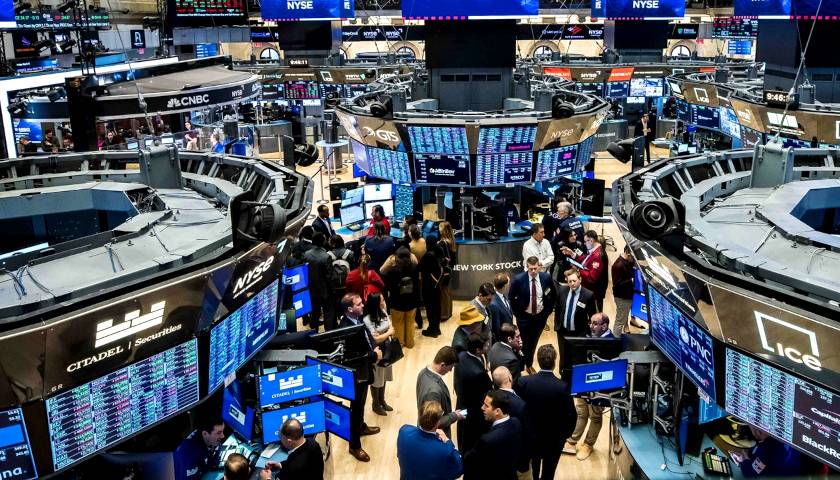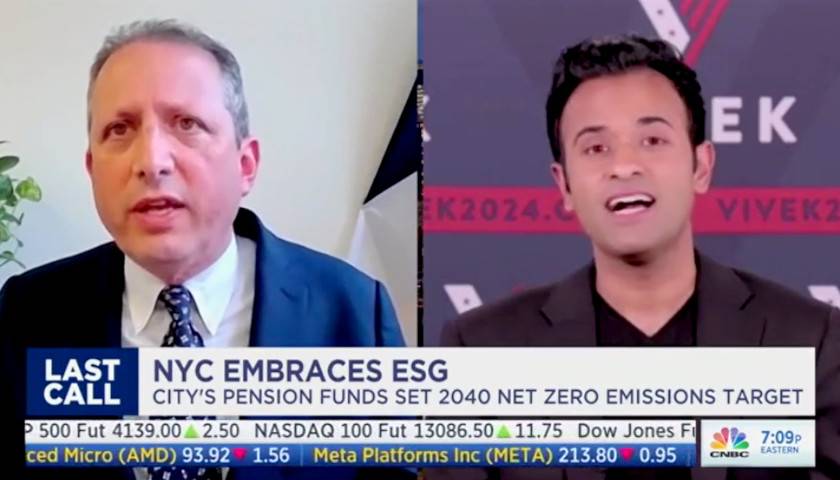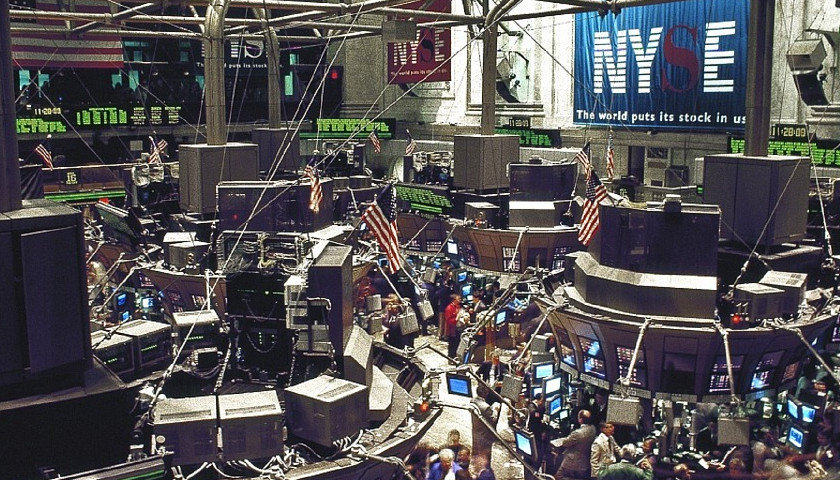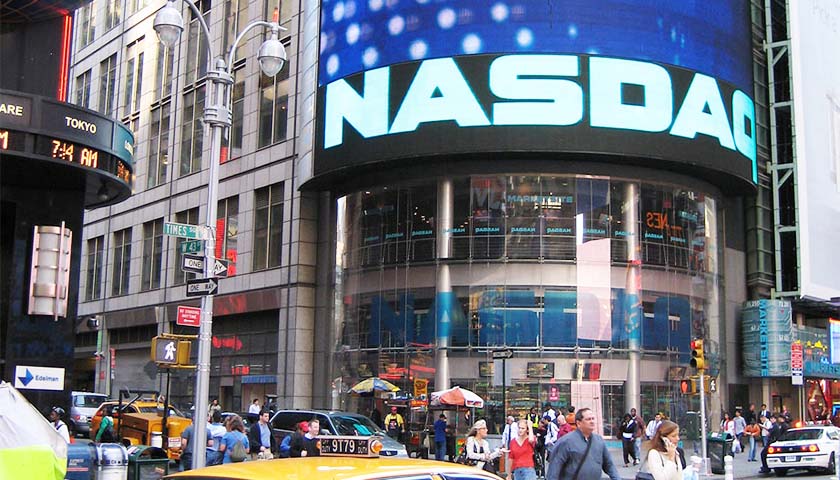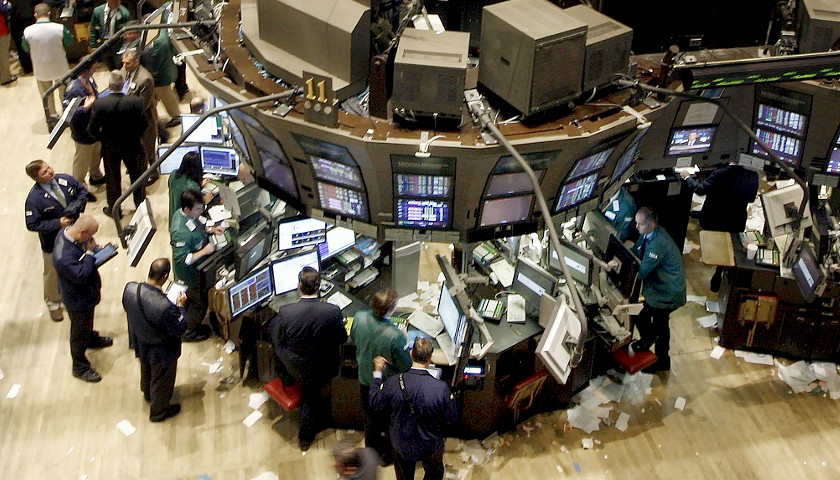Many investors are diversifying their portfolios from standard stocks and bonds as March’s inflation surge casts doubt on economy-boosting rate cuts from the Federal Reserve happening this year, according to Reuters.
The consumer price index increased to 3.5 percent year-over-year in March, up from 3.2 percent in February and far from the Fed’s 2 percent target. Markets prior to March’s inflation report anticipated a few rate cuts this year, leading investors to buy up stock in anticipation that markets would rise when cuts materialize, but the increasing possibility that the Fed will not cut rates this year has led investors to switch up their market strategy, according to Reuters.
Read More
